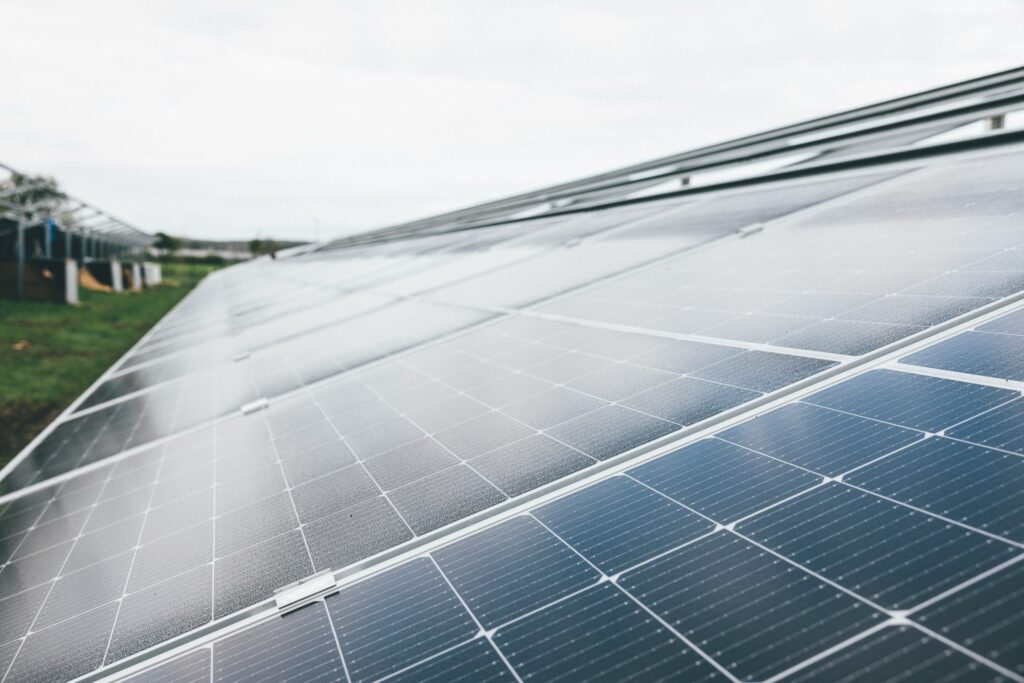Speeding up the transition to clean energy technologies improves the affordability of energy and can alleviate pressures on the cost of living more broadly, according to a new International Energy Agency special report released on 30 May 2024. The report, Strategies for Affordable and Fair Clean Energy Transitions, demonstrates that achieving net zero emissions by 2050 needs increased investment but overall reduces the operating costs of the global energy system by over half within the next decade compared to current policy settings. This translates to a more economical and equitable energy system for global consumers.
“The data makes it clear that the quicker you move on clean energy transitions, the more cost effective it is for governments, businesses and households,” said IEA Executive Director Fatih Birol. “If policy makers and industry leaders put off action and spending today, we will all end up paying more tomorrow. The first-of-a-kind global analysis in our new report shows that the way to make energy more affordable for more people is to speed up transitions, not slow them down. But much more needs to be done to help poorer households, communities and countries to get a foothold in the new clean energy economy.”
The report sets out a series of measures, drawing on proven policies from countries around the world, that governments can deploy to make clean technologies more accessible to all people. These include delivering energy efficiency retrofit programmes to low-income households; obliging utilities to fund more efficient heating and cooling packages; making highly efficient appliances more readily available; providing affordable clean transport options, including more support for public transport and second-hand EV markets; replacing fossil fuel subsidies with targeted cash transfers for the most vulnerable; and using carbon price revenues to tackle potential social inequities that may arise during energy transitions.
Despite the economic benefits, the report noted that global energy subsidies heavily favor fossil fuels, with governments worldwide spending approximately $620 billion on fossil fuel subsidies in 2023, compared to just $70 billion on support for consumer-facing clean energy investments. Speaking with Food and Energy Trends, Julia Lejeune, CEO of Photovolt, a developer that delivers utility-scale photovoltaic grids, emphasized the cost competitiveness of renewable energies. “This report backs up the significant strides we’ve seen in the renewable energy sector,” she stated, “the data shows cost competitiveness of solar energy compared to traditional fuels, and we need government support to get these projects fully operational and keep up the momentum of the energy transition.”
Overall, IEA’s report underscores that, despite upfront costs, the transition to clean energy technologies will ultimately improve energy affordability for consumers and address broader economic challenges.














